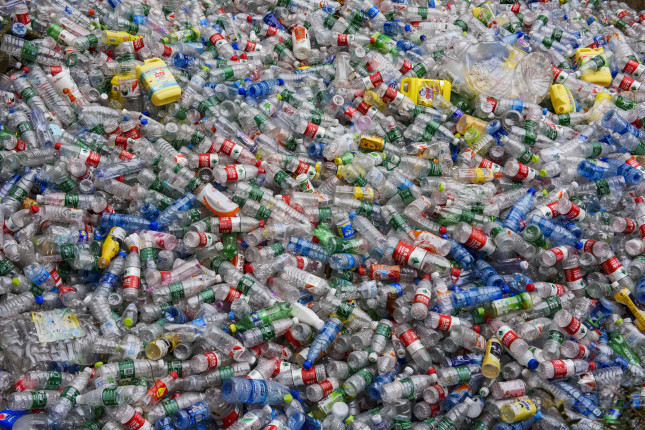A new scientific review has revealed the far-reaching and underexplored role plastics play in driving climate change.
Published by the Plastics & Climate Project in collaboration with the Environmental Law Institute, the report synthesises the most recent peer-reviewed studies and offers a comprehensive overview of how plastics contribute to global warming, not just through greenhouse gas emissions, but also by disrupting carbon cycles and altering the planet’s energy balance.
The findings come at a critical time as global plastic production is projected to triple by 2060, posing a growing threat to climate stability and environmental health.
Drawing on the latest peer-reviewed science, the report uncovers three critical ways plastics are worsening climate change: greenhouse gas emissions, disruption of the Earth’s carbon cycle, and interference with how the planet reflects and absorbs energy.
From production to disposal, plastics release significant amounts of greenhouse gases.
The report finds that the plastic lifecycle, from oil and gas extraction to manufacturing and incineration, accounts for about 4% of global emissions.
If the plastics industry were a country, it would be the fifth-largest emitter in the world.
But that’s not all. Plastics are also altering the planet’s natural carbon sinks. Tiny plastic particles in soil and oceans could be making it harder for the Earth to store carbon, damaging marine plants and microorganisms that would otherwise absorb CO₂.
Although the research is still emerging, early findings suggest that plastic pollution may also influence cloud formation and surface temperatures by affecting how solar radiation is absorbed or deflected.
What’s most troubling, however, is how little we truly know. Despite plastics’ vast environmental footprint, the scientific understanding of their full climate impact remains incomplete.
Key emissions data are missing, especially for transportation, product use, and unmanaged waste. Only 14 countries have conducted comprehensive studies on the climate emissions of plastics. There are even fewer studies on how plastics affect blue carbon ecosystems or atmospheric processes.
To fill these knowledge gaps, the report outlines a research roadmap. This includes gathering more granular emissions data, studying the role of plastics in ocean carbon cycles, and understanding how plastic particles interact with radiation and cloud systems.
The recommendations go beyond research. It urges the Intergovernmental Panel on Climate Change (IPCC) to factor plastics into emissions models and calls for the upcoming UN Plastics Treaty to consider climate impacts explicitly. It also pushes for national governments to incorporate plastics into their Paris Agreement commitments and for the private sector to disclose emissions and material data across the plastic value chain.
What’s clear is this: plastic pollution isn’t just choking oceans and littering streets, it is reshaping the climate itself. The world cannot afford to treat plastics and climate change as separate crises any longer.
For a continent like Africa, already bearing the brunt of global emissions while contributing the least, the implications are enormous. With plastic production set to triple by 2060, failing to act now could entrench new cycles of vulnerability for generations to come.










